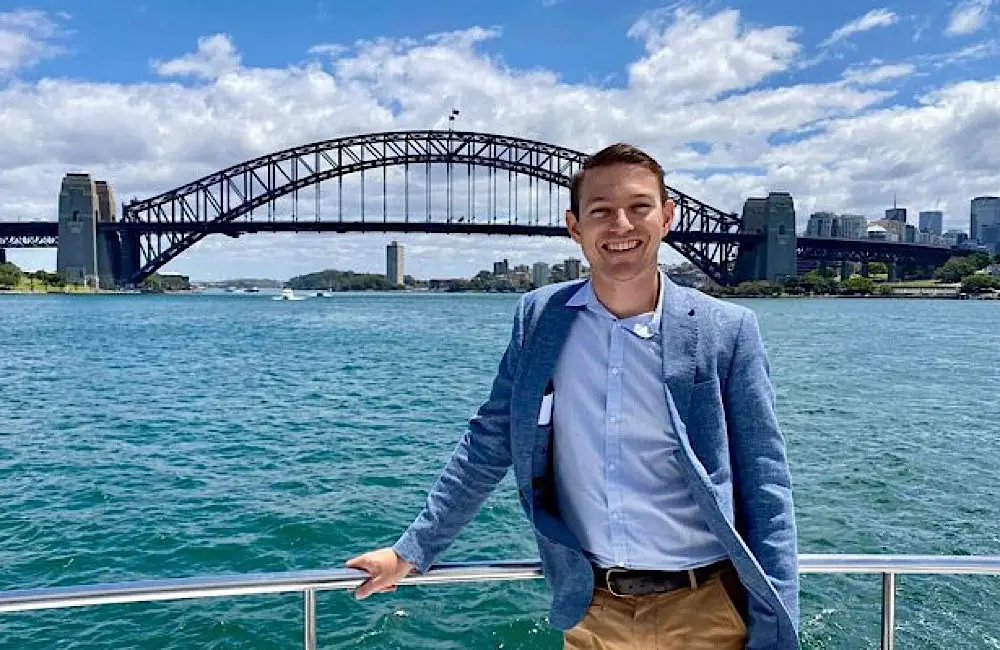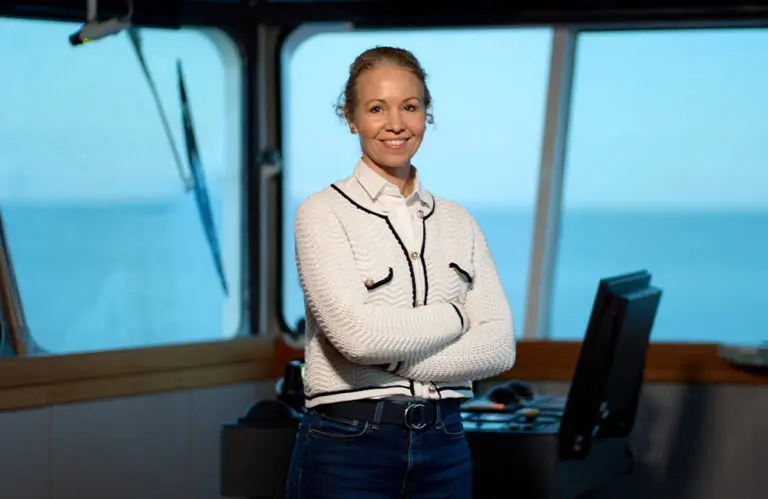The Australian Travel Industry Association (ATIA) has used Global Travel Advisor Day (7 May 2025) to send a clear message: in today’s chaotic travel landscape, accredited agents aren’t just helpful—they’re essential.
According to ATIA, its accredited agents are doing far more than booking trips; they’re navigating complex itineraries, handling disruptions, managing visas and documentation, and offering critical support when travel goes wrong. The Association says this support is being met with growing demand from travellers, especially as the global travel landscape becomes more convoluted.
Meet the inaugural Karryon Travel Advisor Board here
Why travellers are choosing trust over DIY
ATIA members recorded $13.5 billion in retail bookings, $11.8 billion in corporate bookings and $5.6 billion in land operations in 2024. The Association says more than 70% of international air sales and over 90% of corporate travel bookings in Australia are made through travel agents, reinforcing the strength of the sector and the trust travellers place in accredited advisors.
Chris Watson, Managing Director of Chris Watson Travel Group, says clients are actively seeking the expertise of professionals after experiencing the downside of DIY travel.
“New clients are coming into the agency for the reasons our existing clients have been, some telling us horror stories of not booking with an agent in the past,” Watson says.

“It’s not just about booking a trip; it’s about peace of mind and having a real person at the end of the phone or the other side of a desk.”
Max Najar, Director and Manager of Axis Travel, says mistakes made without proper guidance can come at a high cost.
“A visa doesn’t guarantee entry, so the stakes are high,” Najar says.
“Most travel insurers do not compensate for losses incurred. A professional travel advisor uses their toolkit of expertise and experience to ensure that you’re properly prepared and protected.”
A profession evolving with the industry
ATIA CEO Dean Long says the profession is entering a new phase, driven by traveller demand and a growing recognition of the value travel advisors bring before, during and after a trip.
“We are in the golden age of travel professionals, as more Australians, many of whom were burnt by COVID-travel experiences, turn to expert advisors for complex travel needs and crisis support,” Long says.
“As the travel environment grows more complex, our focus remains on strengthening the visibility, capability and influence of Australia’s travel professionals.”
That complexity is something agents are navigating daily. From new airline regulations and insurance challenges to digital scams and geopolitical shifts, advisors are acting as a front line of protection and preparation for clients.
Anna McMurtrie, Managing Director of Wentworth Travel, says experience and industry connections are key.

“Today’s travellers aren’t just looking for a booking. They’re looking for a partner they can trust,” McMurtrie says.
“When things go wrong, our clients know we’ll be there with a solution.”
Why customers are literally walking over broken glass to see their travel advisor
For many ATIA members, recent years have proven that the value of a real person behind the booking hasn’t diminished—it’s grown stronger.
Adrienne Witteman, Managing Director of Trendsetter Travel & Cruise Centre, says demand has remained solid—even in the most unexpected circumstances.
“When a car took out the front of my agency last week, I was still waiting on the builder to make things safe, yet two clients literally walked over broken glass to see me,” Witteman says.
“They looked in and asked, ‘Are you open?’ I said, ‘Yes, but please be careful.’ That’s how much people value real, expert travel advice.”
“Australians still want real, personal travel advice. On the ground, the demand for experienced travel advisors is unshakable.”
Backing the agents behind every booking
ATIA says it is working to ensure accredited travel businesses remain visible and viable through government advocacy, workforce development, and consumer awareness initiatives. With 92% of members being small businesses and 72% of the workforce made up of women, the sector is also a key contributor to Australia’s small business economy and one of the most diverse in the country.
ATIA’s accreditation program—the largest of its kind in Australia—covers more than 1,120 travel businesses and over 28,000 staff. Collectively, these advisors support nearly 17 million Australian travellers each year.
Digital disruption drives demand
The rise of online travel has changed the industry—but it hasn’t replaced the role of the travel professional. If anything, ATIA says, digital disruption has helped reinforce the human touch.
Andrew Gillard, Managing Director of Darebin Travel, says Australians are becoming more selective about who they trust in a world of overwhelming information and increasing complexity.
“Travel advisors aren’t a thing of the past—we are the future of smarter, safer travel,” Gillard says.
“In an era of information overload, digital scams, and travel uncertainty, Australians are turning to trusted experts to guide them.”
KARRYON UNPACKS: ATIA used Global Travel Advisor Day to make one thing clear: clients need experts. With billions in bookings and a frontline role in fixing travel mishaps, agents are more essential than ever. For the trade, it’s a moment to double down on what matters—trust, support, and sharp advice.






